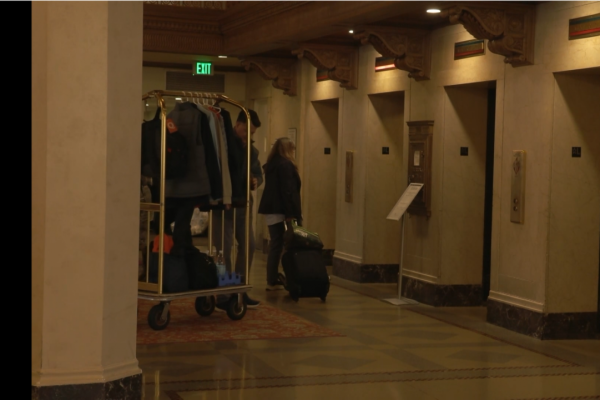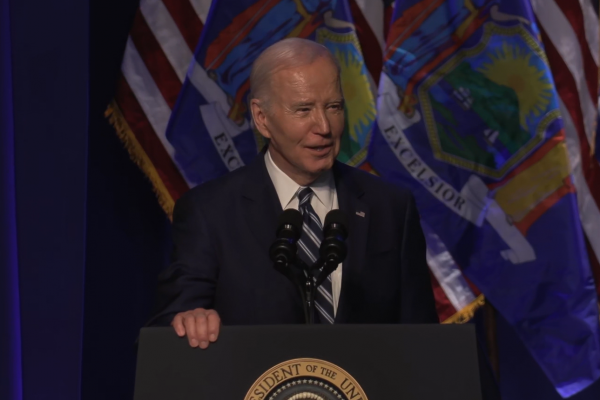SYRACUSE, N.Y. (NCC News) – While individual counties, cities, and municipalities vote on their own mandates for recreational marijuana, one thing is for sure; New York state communities are about to see some real impacts from the cannabis industry.
Charles Jackson is the coordinator for the Syracuse Youth Substance Abuse Prevention Coalition, a group that aims to reduce risk factors that lead youth abuse of substances, such as marijuana. Syracuse YSAP Coalition has been in operation since 2014 and has been funded by the federal government since 2015.
Jackson says that the legalization of recreational marijuana may not have that big of an impact on young adults who already use the substance. His larger concern is that the legality of the substance may influence teens who were previously ambivalent toward using cannabis.
“We’re worried about those young people who are kind of on the fence. And where you have TV and movies glorifying cannabis use.” And as Jackson also states, there are already some statistics to back this up.
“Our last survey shows that cannabis isn’t that high of use, what we’re worried about is that there’s a low perception of harm, both with young people and adults,” Jackson says.
While the Syracuse YSAP Coalition takes a firm stance on the negative outcomes of introducing recreational marijuana to a community, people like Nikki Kateman think this could also be a great opportunity for growth in Central New York.
“I think that’s a common misconception, that there’s no economic output from the cannabis industry,” says Kateman, who is the Political and Communications Director for Local 338 Union.
“There’s obviously the baseline of the tax revenue that’s going to come from the sales of cannabis, but we also really need to talk about jobs in this industry. This is an opportunity to create brand new jobs,” Kateman says.
And as Kateman points out, it’s important that these jobs are sustainable within the community.
“These will likely be good, union jobs. We want to make sure that they’re well-paid, that they’re full time, that there are benefits, that these are career track jobs that people can feel invested in and in turn, invest in their communities,” says Kateman.




